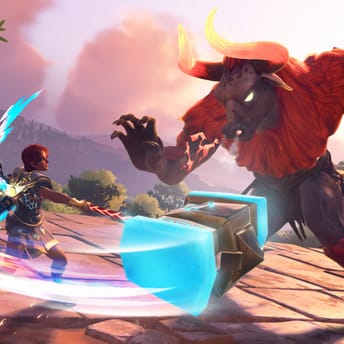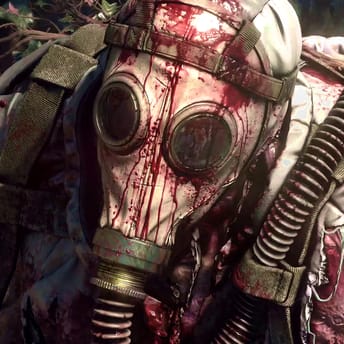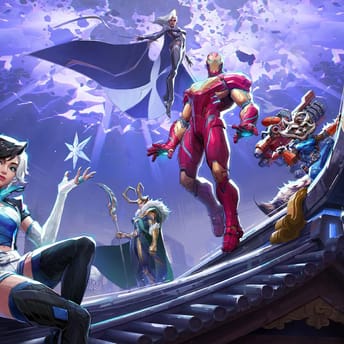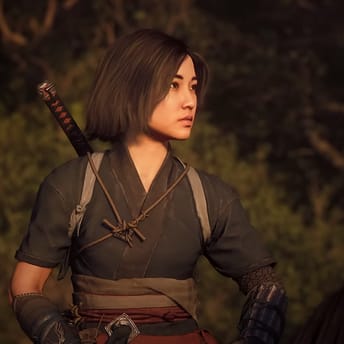Larian Studios Shifts Focus to the Next Big Title
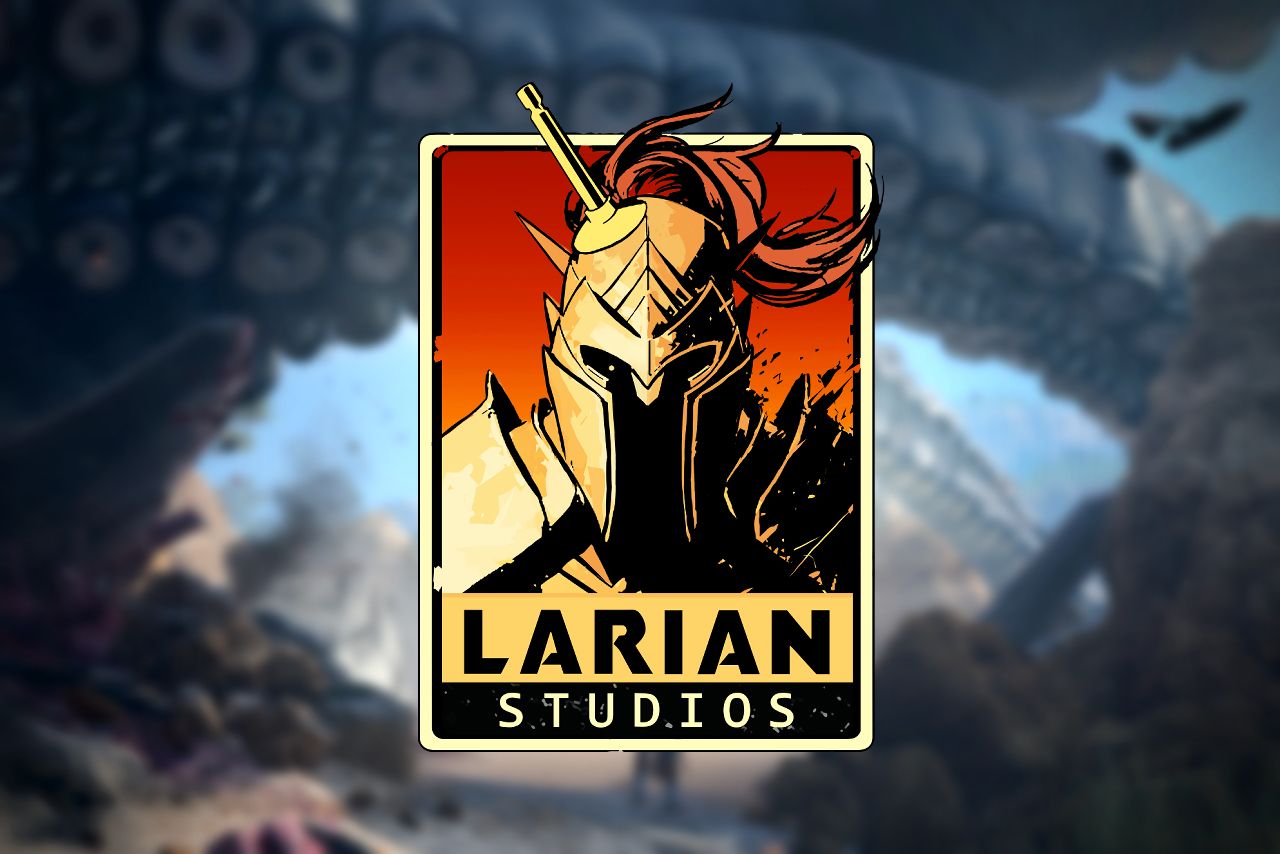
|
|
Key points
- Larian Studios announced its full attention on the next game development and declared a “media blackout.”
- Baldur’s Gate 3 sold about 15 million copies globally.
- Larian won 6 awards at TGA 2023 with Baldur’s Gate 3.
Larian Studios, the game developer and publisher behind Baldur’s Gate 3, has announced that it is now fully focused on its next project.
The studio has also declared a “media blackout,” leaving fans in suspense about what lies ahead. As of November 2024, the latest studio project, Baldur’s Gate 3, has sold approximately 15 million copies worldwide. Larian CEO Swen Vincke stated that the team is fully dedicated to crafting their next game while Baldur’s Gate 3 Patch 8 is still slated for release.
Vincke also clarified that the new project won’t be a sequel to Baldur’s Gate 3 or any game related to Dungeons & Dragons. Larian initially explored the idea of a follow-up to Baldur’s Gate 3 but decided to pivot after internal discussions. The studio’s decision reflects its commitment to innovation and creative evolution.
In November 2023, Vincke hinted at the ambitious scope of the new title. “I wish I could tell you about our next big game, but this is really encouraging us to ensure it pushes many boundaries,” he teased after Baldur’s Gate 3 received multiple nominations at The Game Awards.
Although fans of the Divinity: Original Sin series may have hoped for a return to that universe, Larian Studios’ CEO, Swen Vincke, has emphasized that a continuation of the series is still a long way off.
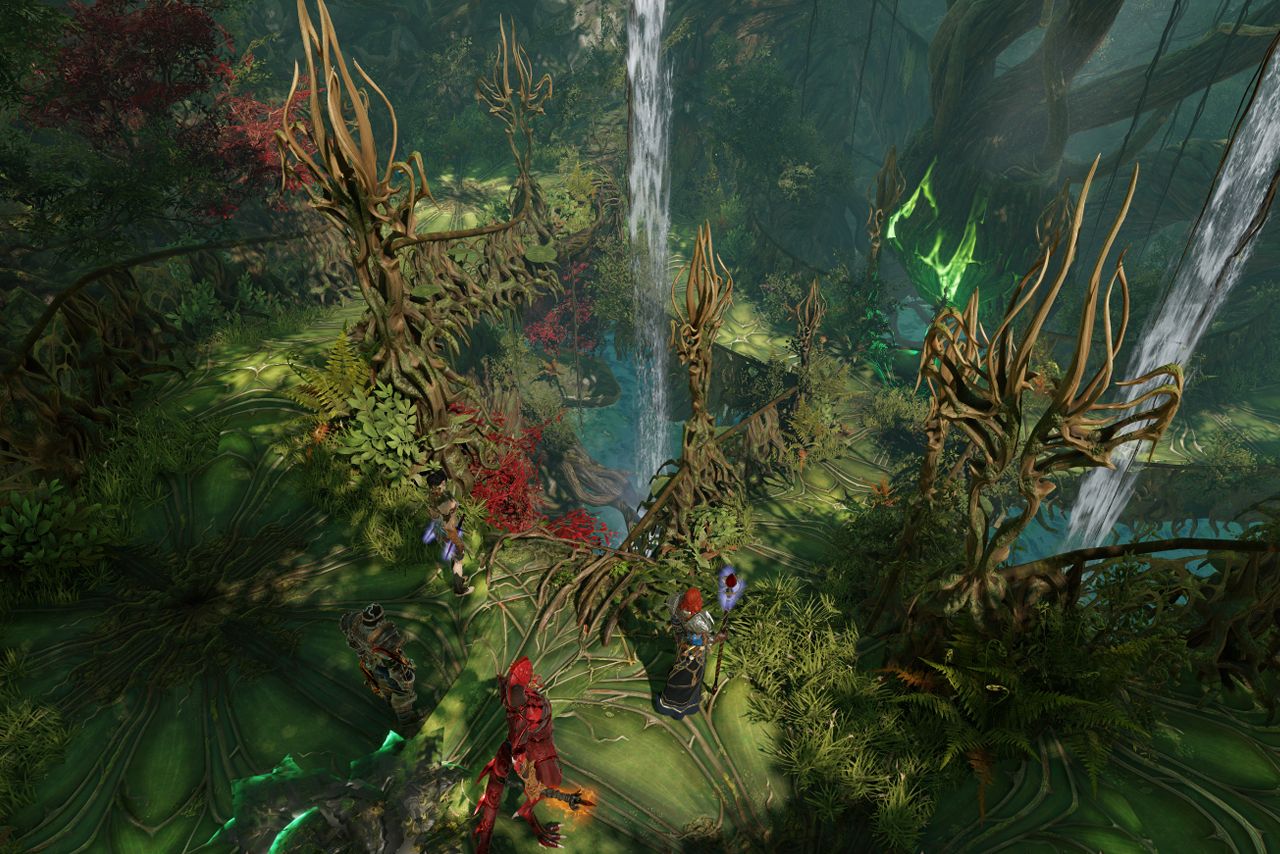
“It’s our own universe we built, so we’re definitely gonna get back there at some point,” he said in an earlier interview.
However, he also noted the need for a creative refresh after the intensive development of Baldur’s Gate 3 and its three-year-long early access, during which Larian actively engaged with its community to refine the game. It is worth mentioning that such a long early access period wasn’t spontaneous – it was a well-thought-out strategic move based on lessons learned from the past.
Founded in 1996 by Swen Vincke, Larian Studios began its journey with the RTS game LED Wars. Simultaneously, the team worked on The Lady, the Mage and the Knight, an RPG that showcased the hallmark features of today’s Original Sin series.
However, the studio soon encountered its first major challenge. The RPG’s publisher, Attic Entertainment, demanded technical overhauls to compete with Blizzard’s Diablo II, ultimately leaving Larian in financial distress. “We had to throw out everything we had,” Vincke recalls. Despite releasing LED Wars, the team still faced dire financial straits.
The other shattering moment came in 1999 with the development of Divine Divinity, Larian’s first major RPG. Unfortunately, the developer’s team didn’t have enough time to polish the game, and the title was prematurely released without noticing Larian by a publisher, CDV Software Entertainment AG, with 7,000 known bugs on board.
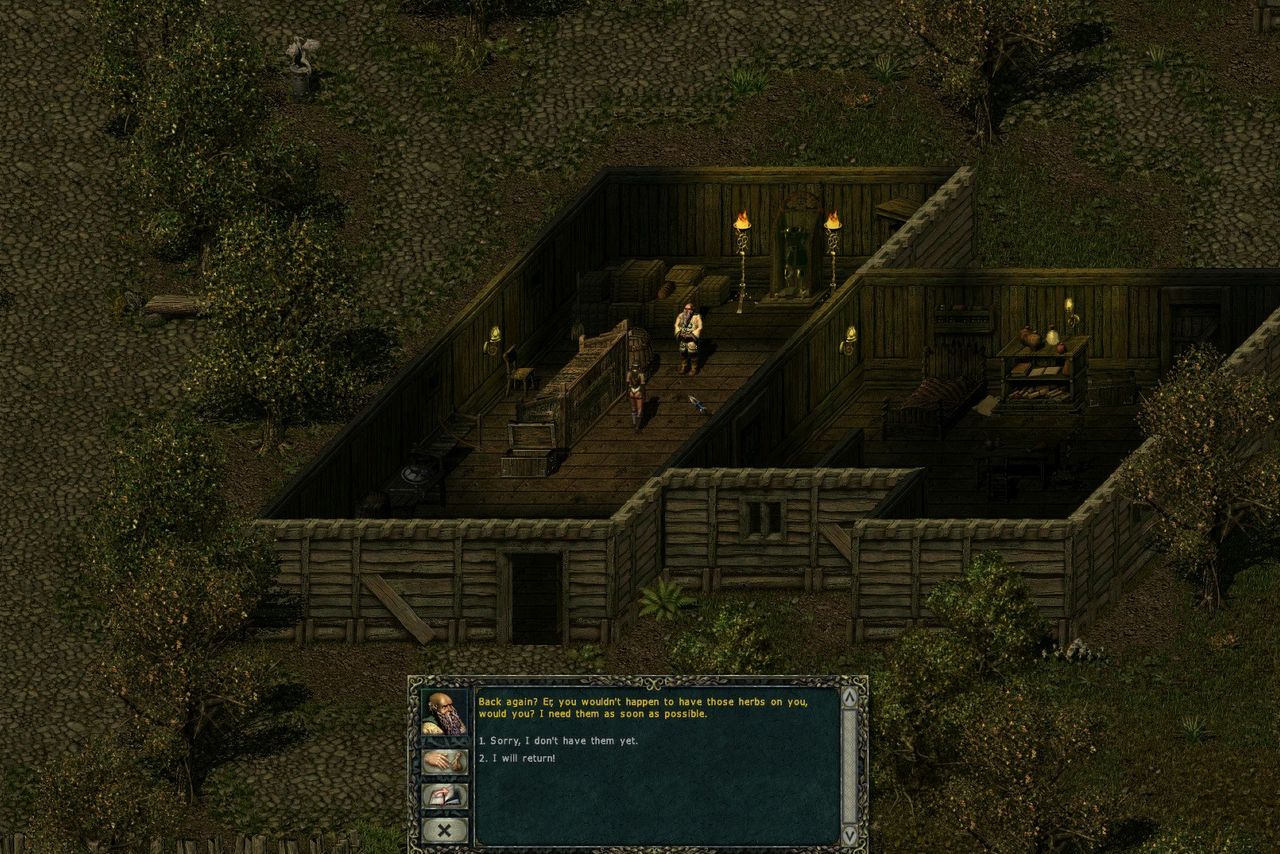
Divine Divinity garnered praise for its gameplay, however, due to unfavorable contractual terms, the studio saw none of the game’s financial success. By 2003, the team had shrunk to just three members.
“I sat on my father’s ranch in South Africa, just staring for two weeks, trying to figure out what to do,” says Vincke. That soul-searching led to a creative pivot: KetnetKick, an educational 3D game for children, which provided enough funding to keep the studio afloat.
Larian’s turning point came with its decision to embrace self-publishing, fueled by venture capital investments for Dragon Commander and Divinity: Original Sin. The latter, a passion project deeply inspired by Ultima VII, was a bold gamble. “This was going to be it,” says Vincke. “If this didn’t work out, we clearly didn’t know what we were doing.”
Larian’s efforts paid off when Divinity: Original Sin launched in 2014. A Kickstarter-backed RPG with tactical combat and cooperative multiplayer, it quickly became the studio’s fastest-selling game, moving 500,000 copies in just a few months. The success provided the financial stability Larian had long sought.
The sequel, Divinity: Original Sin II, released in 2017, expanded upon the first game with a larger team and significantly higher production values.
With its newfound stability and creative freedom, Larian Studios was poised for even greater achievements that culminated in the production and release of Baldur’s Gate 3, which sold approximately 15 million copies globally, including 2.5 million copies during early access. At the Game Awards 2023, Larian gathered with Baldur’s Gate 3, the Game of the Year award, the player-voted Player’s Voice Award, Best Performance, Best Community Support, Best RPG, and Best Multiplayer.
